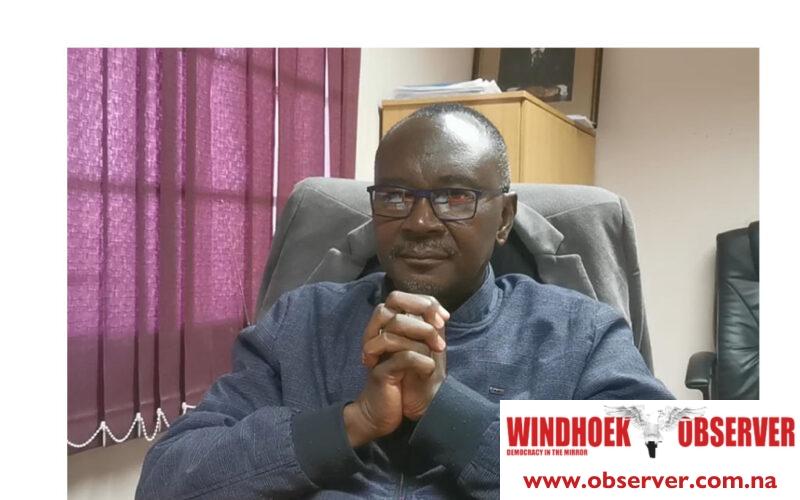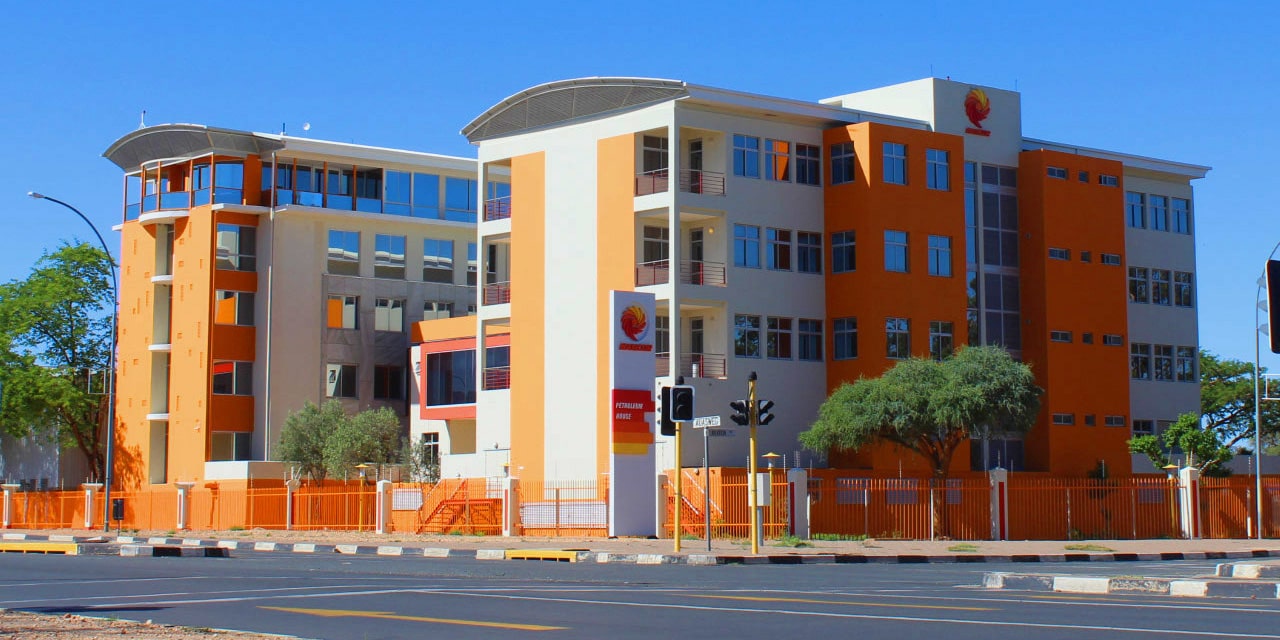Martin Endjala
The Swapo councillor of Tsumeb, Gottlieb Ndjendjela, says allegations levelled against him that he had a hand in the stolen drought food aid worth an estimated N$100 000 is politically motivated.
Ndjendjela faces accusations of remaining silent during instances of theft in his constituency.
This follows the arrest of two staff members from his office last week in connection with the theft of the drought aid.
“Whether I am involved in the theft of the food is nonsense, to say the least. I am receiving a decent salary, and often, I am the one feeding the affected communities with my own salary. Not only feeding them but also clothing and burying them. Will this really be overlooked by the allegations of me covering up the theft or being involved?” he said.
The Windhoek Observer has seen messages from Swapo members in the Tsumeb district questioning how it is possible that Ndjendjela did not know the drought aid that was packed in vehicles and taken to a private farm.
Some of the messages claim that they saw several cars picking up food from the constituency office.
Some of the stolen food was found at Farm Leeu Post.
The police arrested Johannes Mupetami from the farm, who is one of the accused in the case. He was remanded in custody.
Ndjendjela called for calm while investigations are ongoing.
He urged the community to report the theft to the police rather than bring information to the council office.
“I have made a sworn statement to the police in which I made my position very clear regarding my involvement in the drought relief food aid and my involvement in the theft of the said food. Why should people lose trust in the office as if the whole staff were involved? There are those who want to politicise this whole issue, but unfortunately, they failed,” he argued.
He said this is an election year, and cheap political campaigns are rising.
He advised the community to bring forward any information regarding the theft.
Ndjendjela claims that those who are attempting to vilify him are members of the Independent Patriots for Change (IPC) and the Affirmative Repositioning Movement (AR).
“They can’t produce any small amount of evidence to argue their claim. I am very famous in Tsumeb, and everyone knows where I live and work. Why are the police taking so long to arrest me? The person who’s leading my vilification appeared in a criminal court last Thursday. I was present at court following the proceedings of one of the accused staff from my offices.
The police were also there, and that person had enough time to tell the police that I was around, so they were to arrest me. Why is he covering up for me not to be arrested?” he questioned.
Meanwhile, Tsumeb AR activist Johannes Johannes said that the councillor’s silence when questioned was what led to the residents’ distrust.
Johannes said the councillor often plays the defensive card, trying to protect the officials while they are already out in the public domain.
Upon inquiry, the activist asserts that Ndjendjela appeared unaware of the official arrests and frequently asserted that the matter was under investigation when requested for updates.
“This clearly suggests that he is a leader who is either unaware of what is happening in his office or simply covering himself. But we, as taxpayers, will not let this go until we reach the bottom of this matter and hold everyone accountable.
I am reliably informed that 4 to 5 cars were seen picking up the food, which was later sold to a farm with no owner. People are hungry, and now we have officials transporting food intended for the community for their own benefit,” said Johannes.
Johannes insists on shutting down the entire office until they conduct investigations, as the residents have lost faith in the officials and fear a return.
He argues that individuals may possess the means and motivation to influence or intimidate witnesses, jeopardising the investigation’s integrity.
In his petition submitted on 30 May to the magistrate public prosecutor, he implored the judiciary to prioritise the protection of witnesses and ensure a fair trial when considering bail applications.
He urged the court to evaluate the potential risk of witness tampering, particularly for those with the influence or resources to obstruct justice.




